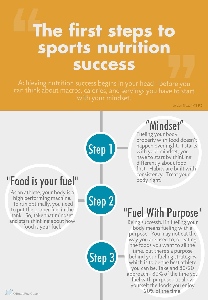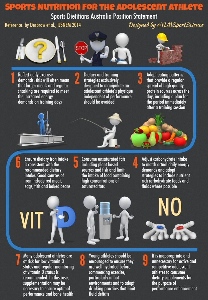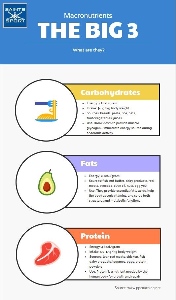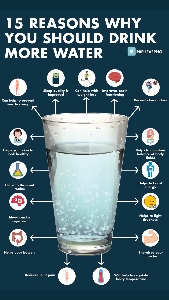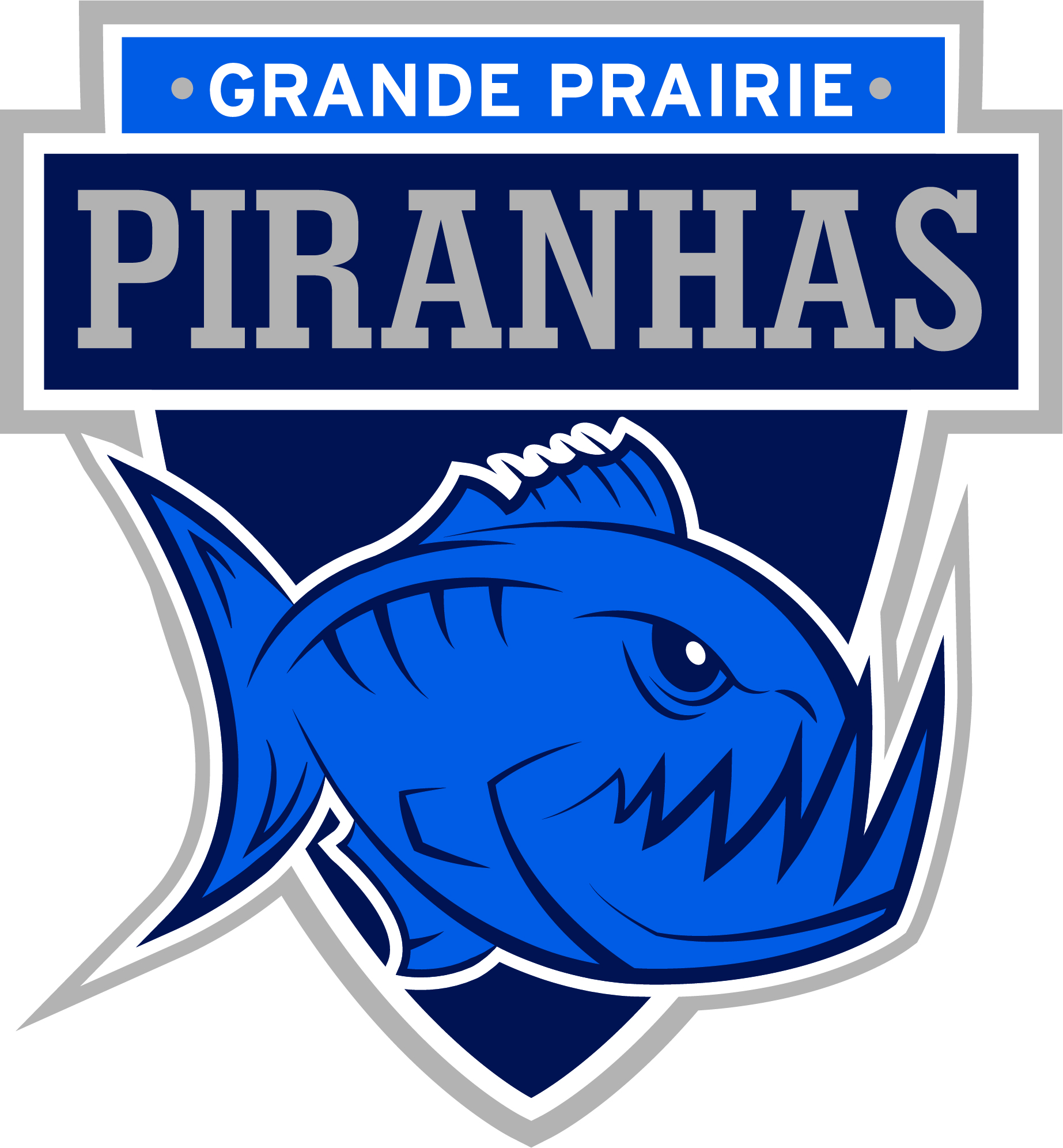Optimal Nutrition
As a parent you play a very important role in providing your child with the necessary food and fluid to meet their training and competition demands. More importantly, by encouraging your child to consume the necessary types and amounts of nutrients (through the foods your provide), you are supporting their overall growth and health.
In the short-term, the foods your purchase and prepare will directly impact on your child’s nutrient intake. But, in the long-term, when perhaps your child is competing or training away from home, their exposure to food preparation and cooking, along with their understanding of basic nutritional principles and understanding of food labels will be become particularly useful. Such skills will subsequently ensure your child has the capability to successfully manage their own nutritional needs when they leave home and potentially progress in their sporting careers.
However, we recognise that providing your child with the right types of nutrients is not always simple. In our conversations with parents, challenges such as the lack of time, travel demands to and from school, training, and work can present considerable barriers to nutrient provision. We are also aware that the foods your child likes and dislikes may frequently change.
What food does my child need to eat to support their training?
When considering the types of food needed by child-athletes, a good starting point is to consider carbohydrate, protein, and fat. The amount required of each of these nutrients will be determined by the demands of training and by the body mass of your child. Once these values (i.e. training demands and body mass) are obtained, a wide range of foods can be consumed to meet the demand. The amount provided by individual food items can be obtained from food labels or quick guides which can help you customise meals to the likes and dislikes of your child.
Carbohydrate is an extremely important fuel for exercising muscles and the brain. Unfortunately, it can only be stored in small amounts within the body and therefore carbohydrate stores need to be replenished via your child’s diet. The amount of carbohydrate required should align with the training demands and individual goals of your child. Typically, this is expressed in relation to body mass (e.g., for a 50kg athlete, exercising ~1hr/day, this would equate to 250 – 350g carbohydrate per day).
Fat intake is important for several reasons including the provision of essential fatty acids, absorption of specific vitamins, and energy for growth. But the stores of fat in the body are plentiful, especially compared to carbohydrate, and as a result children are encouraged to adhere to public health guidelines. These typically recommend that fat intake comprises 20-35% of energy intake and saturated fat intake is restricted in preference for unsaturated fats from plant-based foods and fish.
Protein is important for growth and supporting your child’s adaptations to training. The body is constantly breaking down and building new proteins and the intake of protein in the diet can support this process. Total protein intake is important but so is the type and timing of protein consumption. Current guidelines suggest that most athletes should consume 1.2 to 2.0g/kg/d of high quality protein (e.g., for a 50kg athlete this would equate to 60 – 100g protein per day).
Is my child drinking enough?
The importance of hydration is well publicised but it is important to be aware that you can consume too much and too little. Unfortunately, there is a wide variation in sweat loss between athletes and consequently it is difficult for guidelines to specify the exact amount of fluid needed by all individuals in all situations. Instead you should encourage your child to monitor their own hydration status using some simple techniques. By monitoring their own status, they can then individualise and refine their own hydration strategies.
Should my child use dietary supplements?
Currently all athletes (children and adults) are encouraged to adopt a food first approach. Current guidelines suggest that in the absence of a diagnosed nutrient deficiency, it is inappropriate for young athletes to take dietary supplements for performance enhancement. However, if you are considering the use of dietary supplements, you should 1) assess the need, 2) assess the risk, 3) assess the consequences, and 4) minimise the risk.
Does my child need to use a vitamin or mineral supplement?
If your child is deficient in a vitamin or mineral, there will be a benefit of increasing intake. But if your child is not deficient, increasing the intake will have little effect on performance. In the absence of a diagnosed nutrient deficiency, a food first approach is the preferred option for athletes to meet the nutritional demands of their sport. In fact a variety of foods (not just fruit and vegetables) provide a wide range of vitamins and minerals and therefore supplementation is not considered essential.
